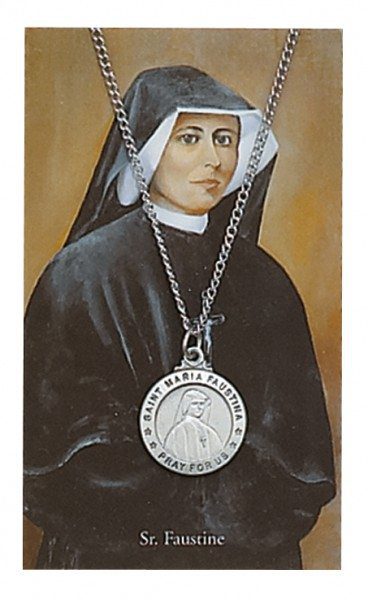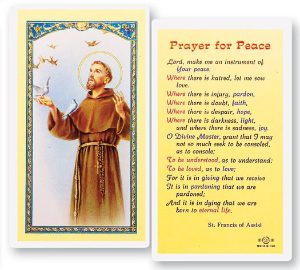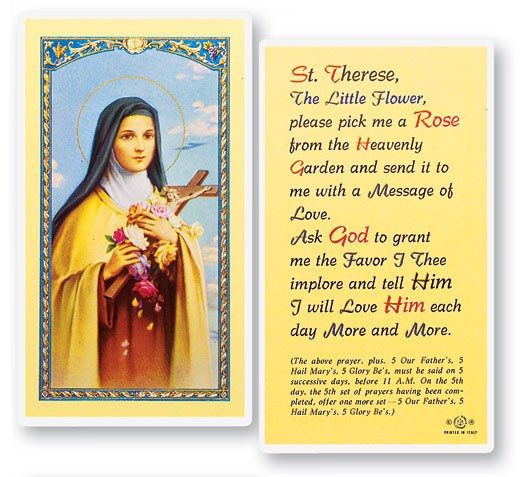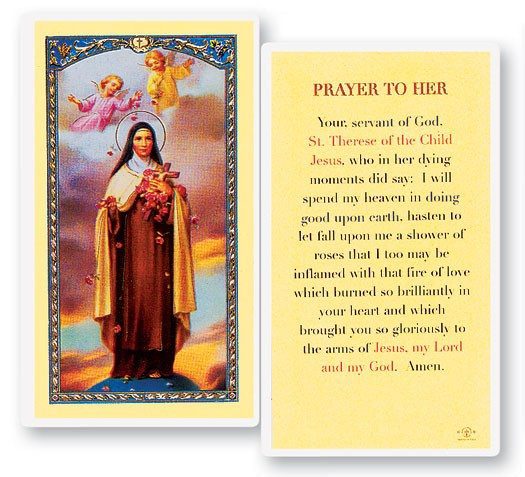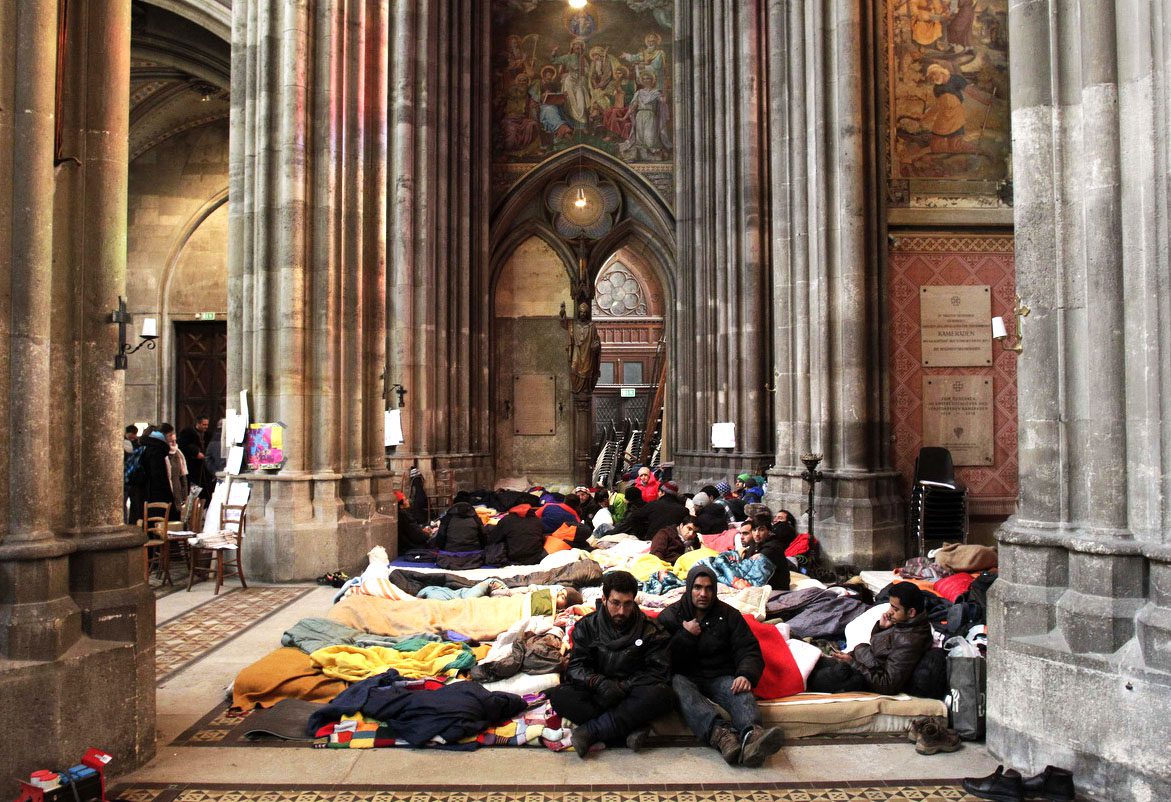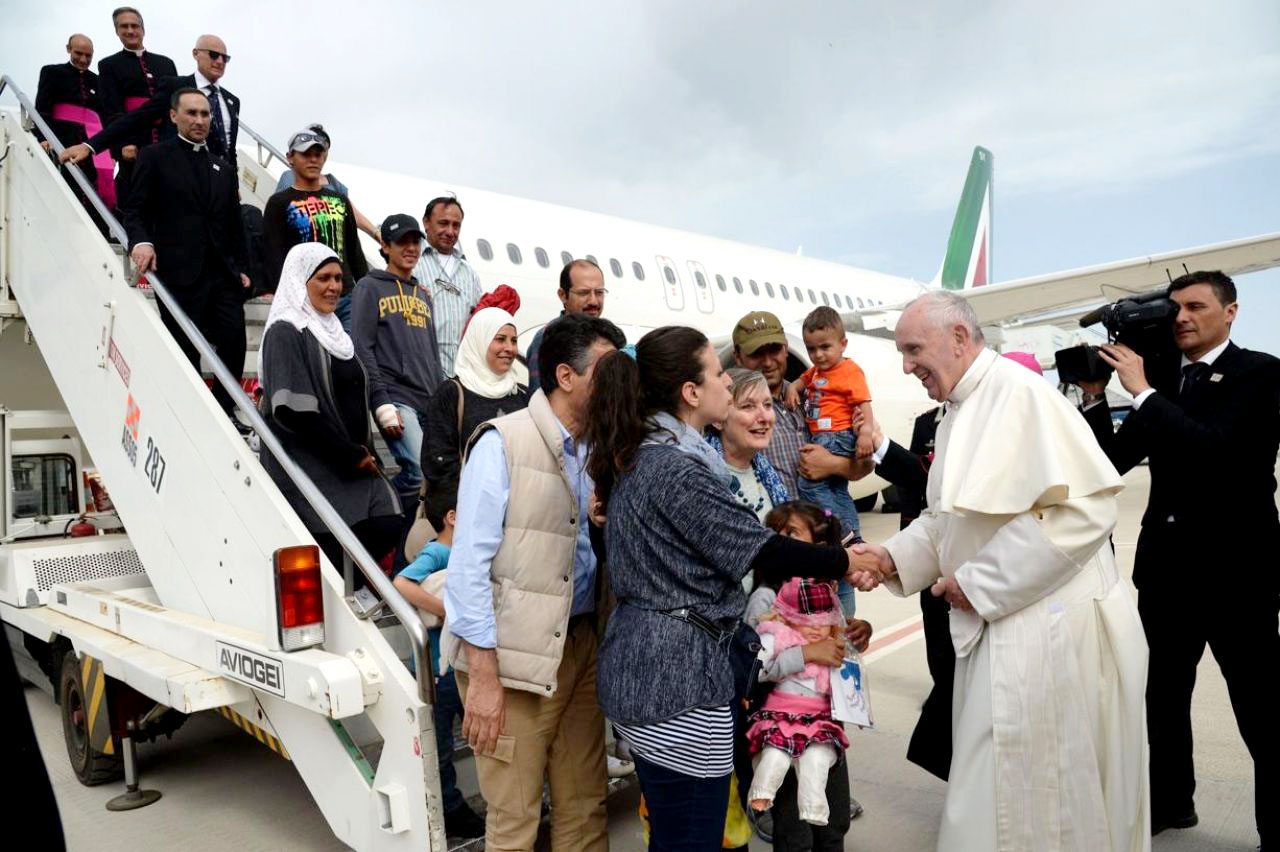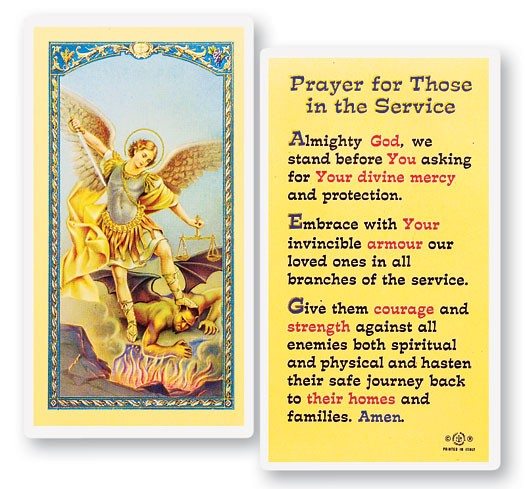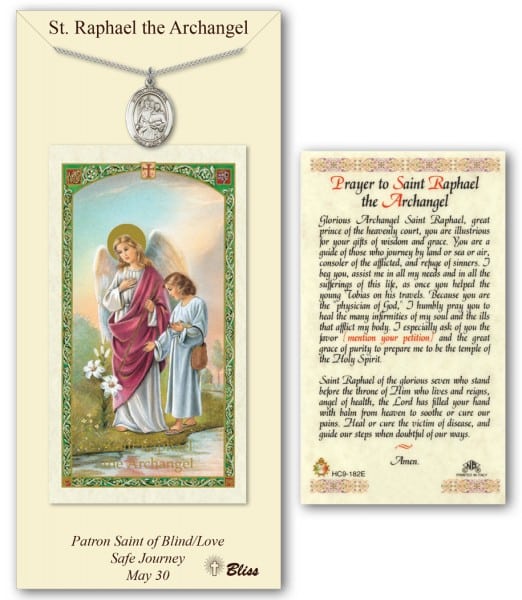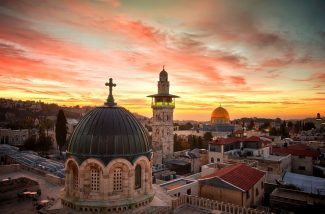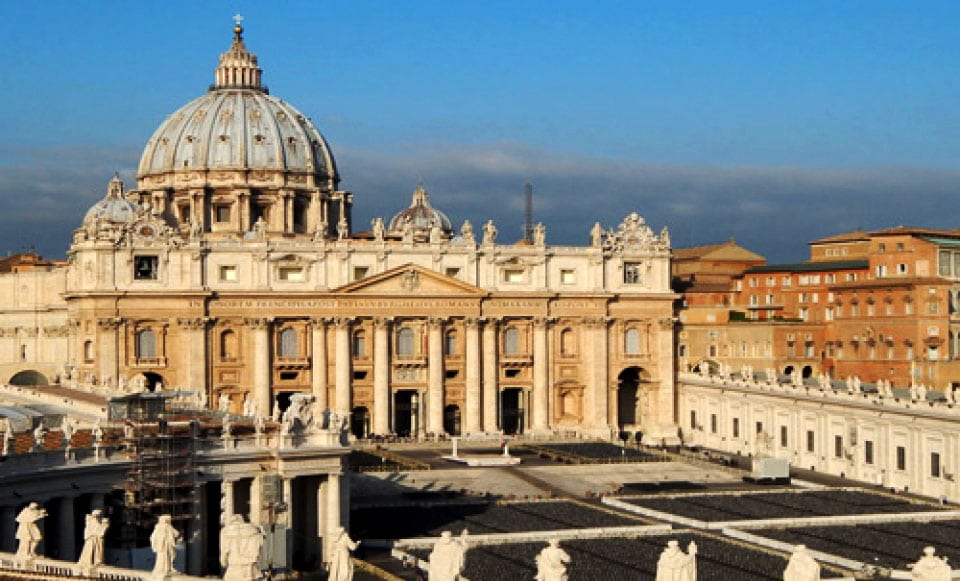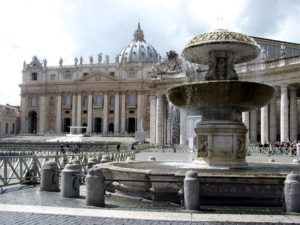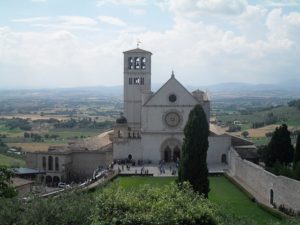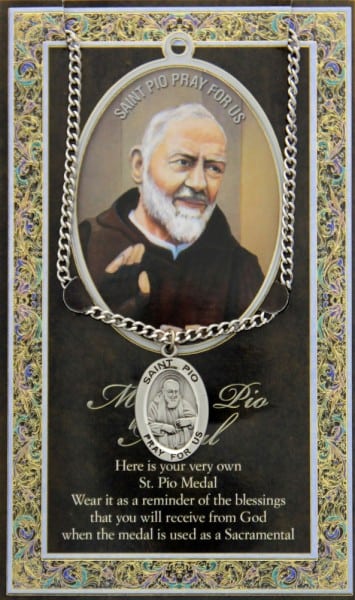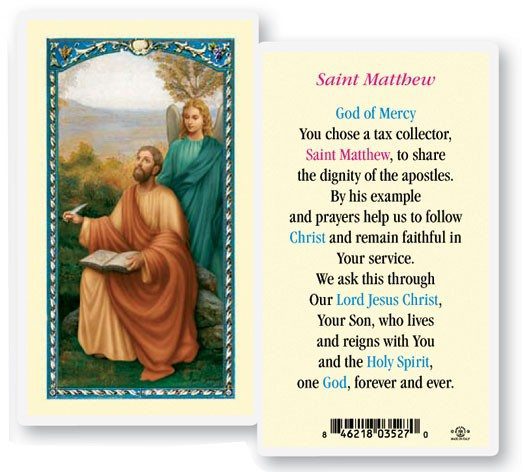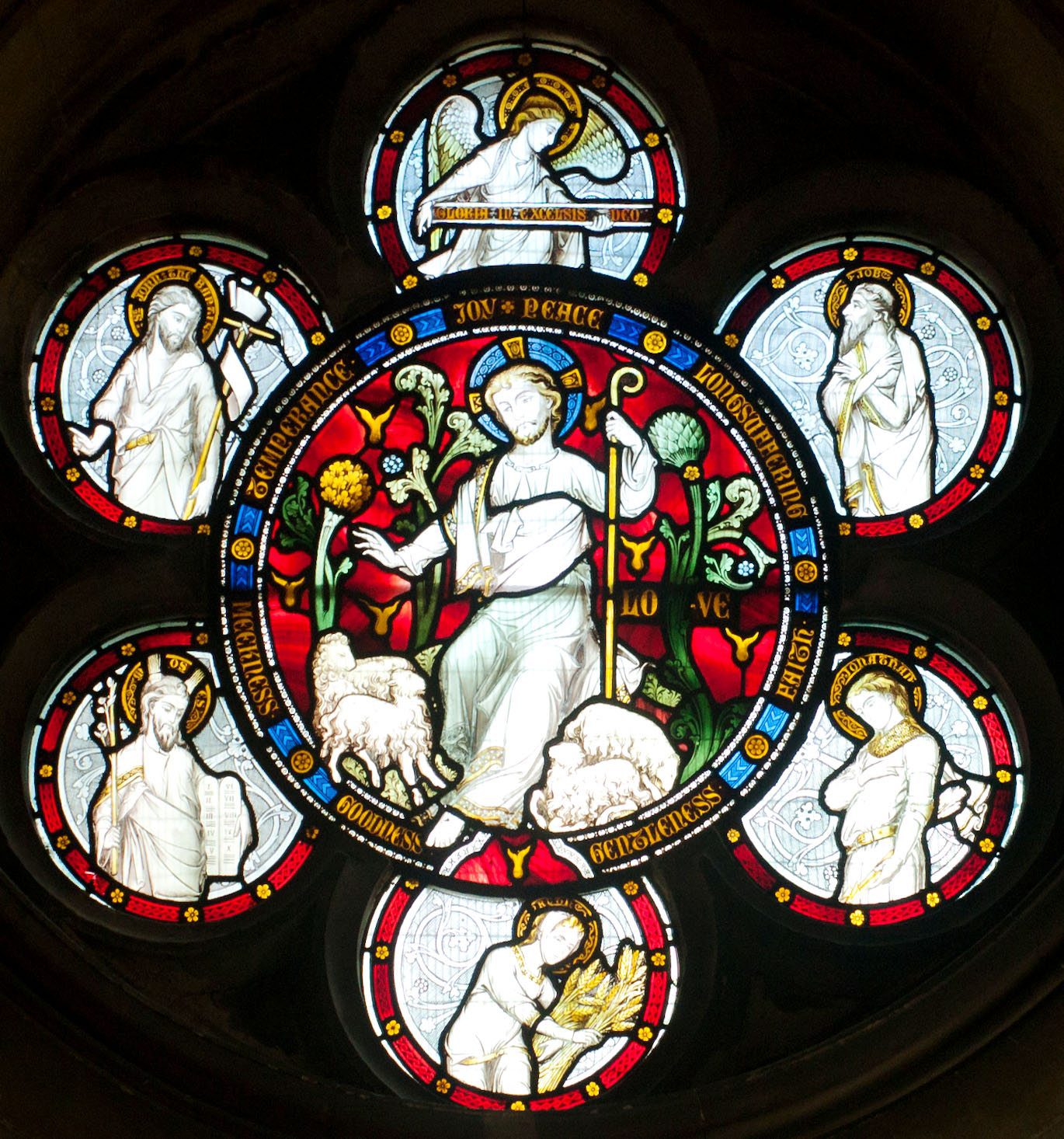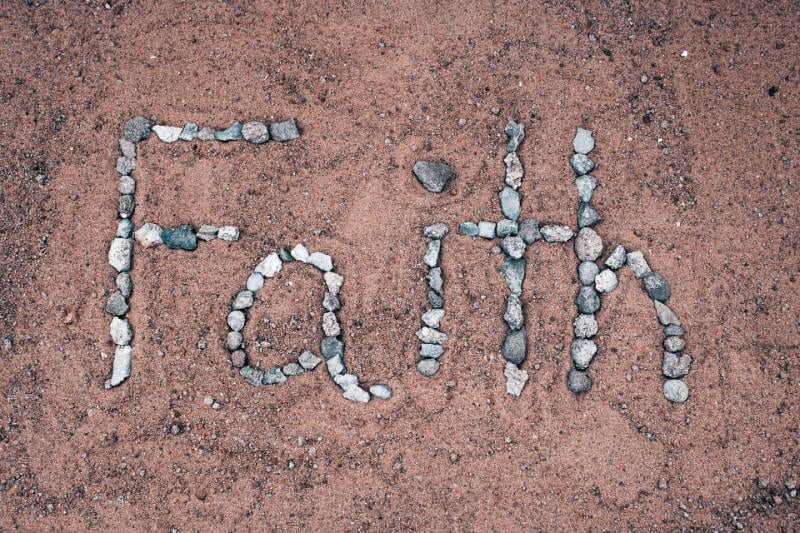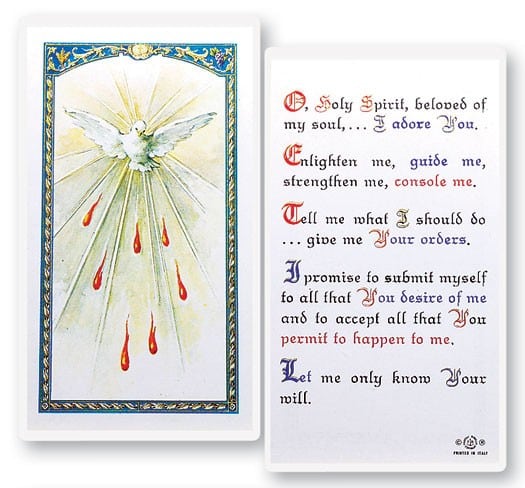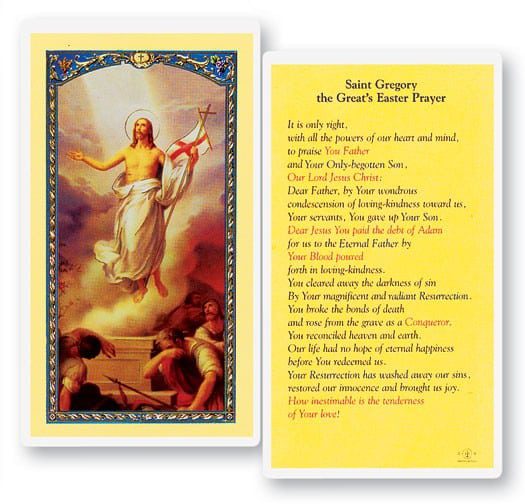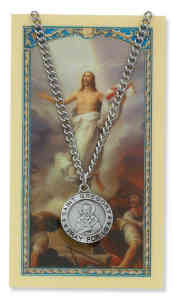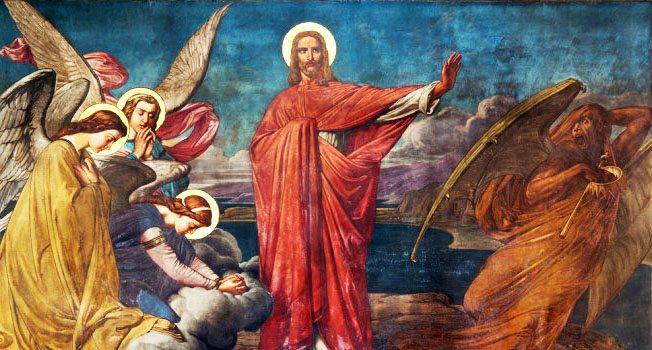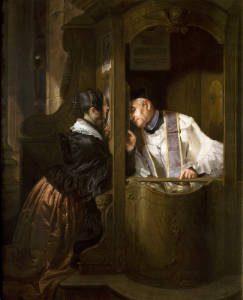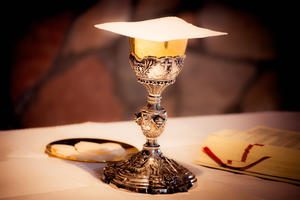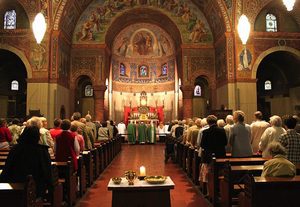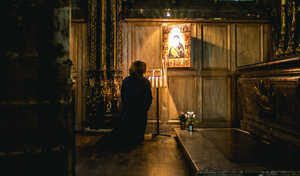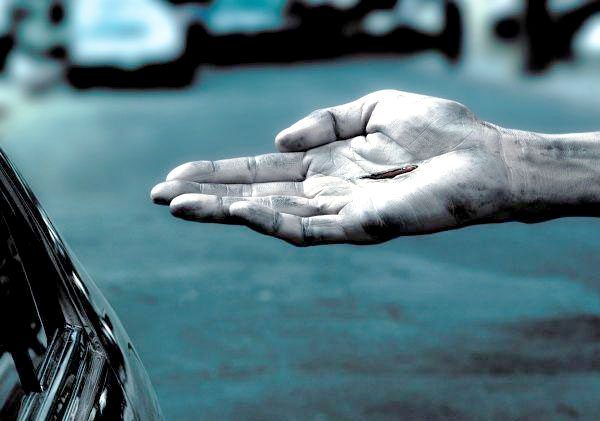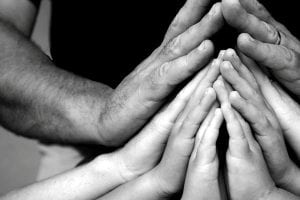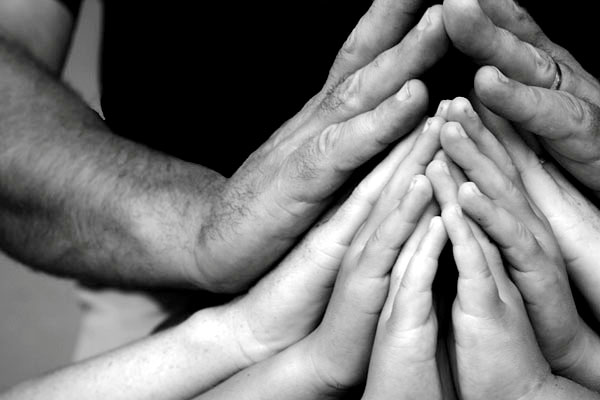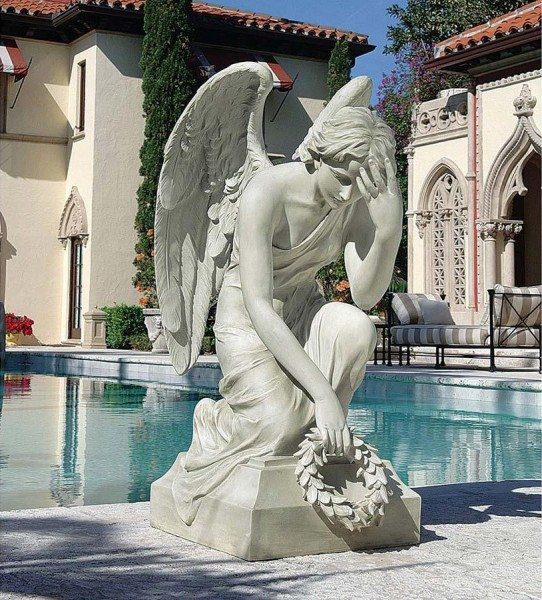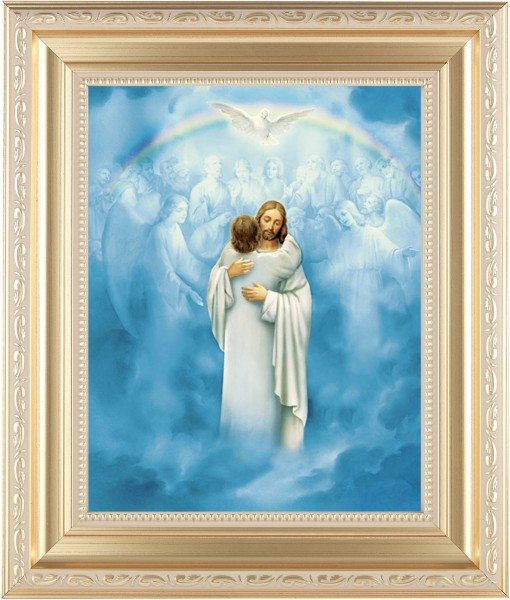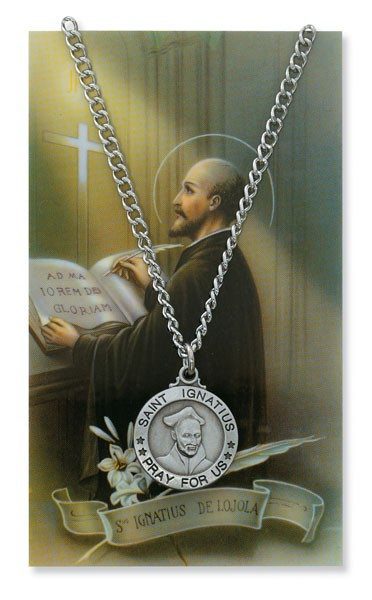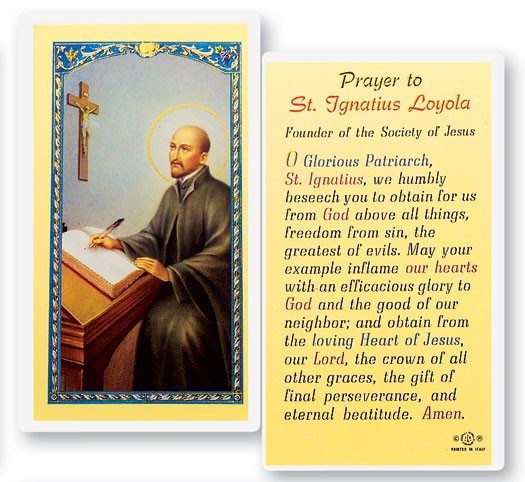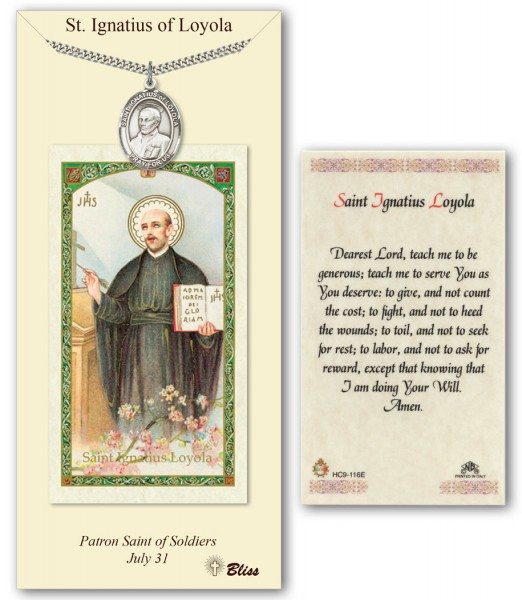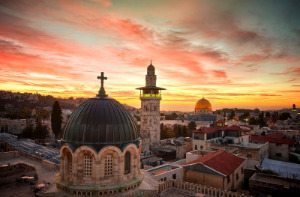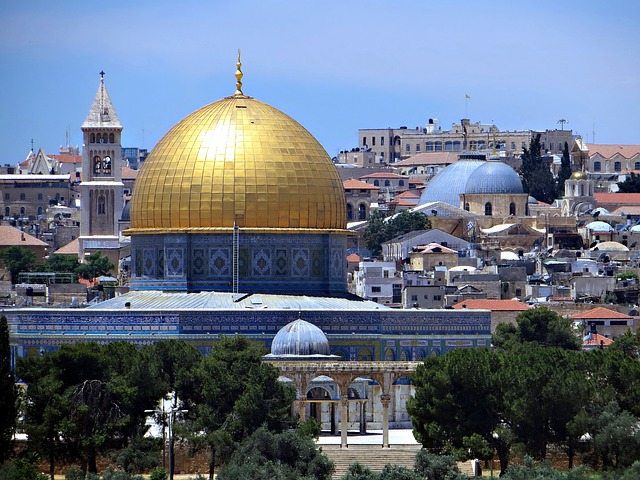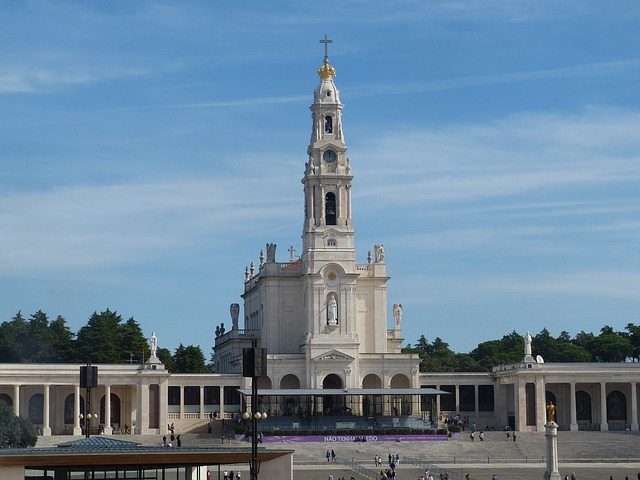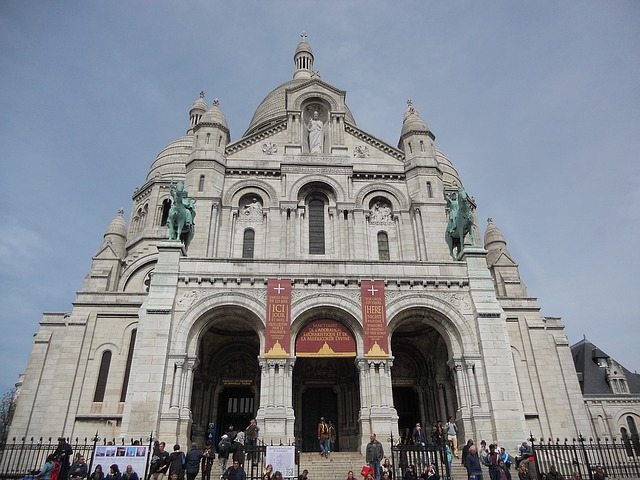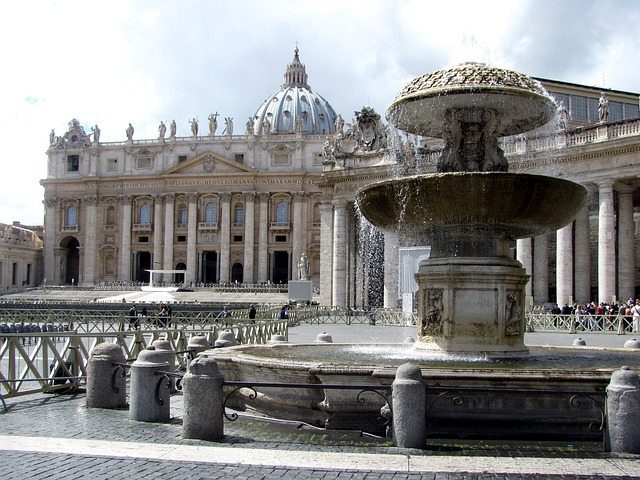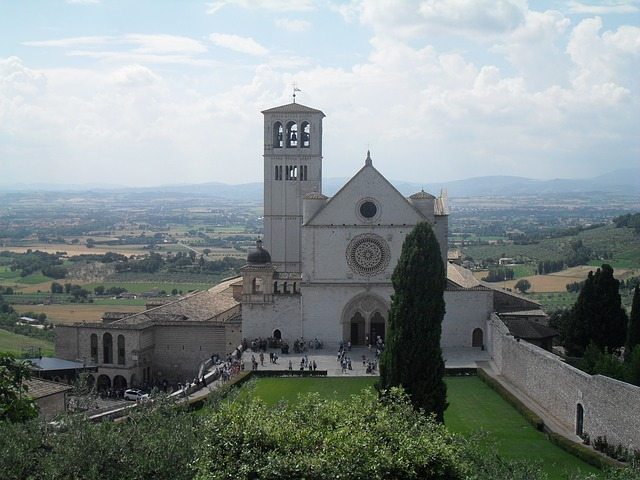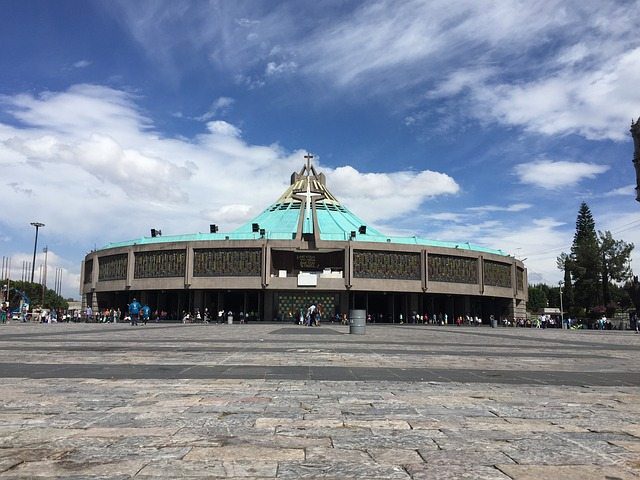When you give alms, do not blow a trumpet before you, as the hypocrites* do in the synagogues and in the streets to win the praise of others. Amen, I say to you, they have received their reward. Matthew 6:2
As Catholics we have been taught about charity work through the gospels and various practices like outreaches. Thomas Aquinas esteems charity as “the most excellent of the virtues.” What does charity mean in the context of the Catholic Faith and why is charity work important to us as Catholics?
What is Charity?
So faith, hope, love remain, these three; but the greatest of these is love. 1 Corinthians 13:13
Most people think of charity simply as a benevolent act of giving. The most general definition of charity, however, means so much more than that. Charity in its purest sense means love and encompasses our love for God and our love for our fellow people. Thomas Aquinas said, “the habit of charity extends not only to the love of god but also the love of our neighbor.” These two kinds of love are closely tied to one another.
Christian theology upholds charity as the greatest of the three theological virtues which includes faith and hope. According to moral theology, charity is a divinely infused virtue which lets us focus our will to cherish God above all things for His own sake and to cherish man for the sake of God.
Put on then, as God’s chosen ones, holy and beloved, heartfelt compassion, kindness, humility, gentleness, and patience, bearing with one another and forgiving one another, if one has a grievance against another; as the Lord has forgiven you, so must you also do. And over all these put on love, that is, the bond of perfection. Colossians 3:12-14
Charity is the ultimate perfection of the human spirit since it is a reflection and glorification of God’s nature. It binds all virtues together in perfect harmony. It also purifies and uplifts human love to the perfection of God’s love.
Why is Charity Work Important to Catholics?
In every way I have shown you that by hard work of that sort we must help the weak, and keep in mind the words of the Lord Jesus who himself said, ‘It is more blessed to give than to receive.’” Acts 20:35
As members of the Catholic Faith we are encouraged to practice charity in different ways. Since the apostolic age, Christians were taught to not just give but to give from the heart to everyone in need regardless of their race or religion because “Christ is all and in all.”
Here there is not Greek and Jew, circumcision and uncircumcision, barbarian, Scythian, slave, free; but Christ is all and in all. Colossians 3:11
Although many world religions uphold charity work, it is specially emphasized in the Christian faith and is a central message in the gospels. For example, in Colossians 3:11 we are instructed to love our neighbors because they are the children of God. We are all part of the same human family and share the same nature, needs and dignity. Because of our kinship and unity as God’s people, we must have compassion and understanding for one another.
Charity teaches us to have a Christ-like love for our neighbors. This kind of love is unconditional and by it we are able to reach out to our brothers and sisters and help relieve any physical, mental, moral or spiritual needs they may have.
Charity is also about stewardship. A steward is a person who is tasked with caring for another person’s valuables. The steward is accountable to the “owner” for how well he manages the property he oversees. As followers of Christ, we are stewards of our lives. We are accountable for how well we live it and how well we manage the blessings, resources, capabilities and gifts that we have. We must therefore share what we have to the other members of Christ’s family through charity work.
How to Develop the Virtue of Charity?
Charity is integral to our faith as Catholics so how do we develop it? Here are three practical ways for living out this virtue in our everyday lives.
Treat others with love
The simplest way we can express charity is to speak, act and think with love. We must keep in mind that charity is all about love and as it says in 1 Corinthians 13:4-7, “Love is patient, love is kind. It is not jealous, [love] is not pompous, it is not inflated, it is not rude, it does not seek its own interests, it is not quick-tempered, it does not brood over injury, it does not rejoice over wrongdoing but rejoices with the truth.”
With this Bible verse in mind, let us remember to always treat others with compassion. When we have love in our hearts and minds, it is easy for us to put the needs of others first. We act without self-interest and always with the goal of helping others out.
Support charitable institutions
There are many charitable institutions that consider it their mission to help people in need and these groups usually get by with donations from people who share their advocacy. You can develop your charitable spirit by supporting these organizations. Start by praying to God for guidance in finding the charities that are fit for you.
We should also consider which causes burden our heart. There is no shortage of people and places that are in need of our help. As we reach out to them, we can see our own lives and hearts transformed by the spirit of giving.
Volunteer in your parish
We don’t need to look very far to find a group or people to help out. Our own churches are a great place to offer our help. Let’s remember that a church is not simply a building, it is a gathering of people who share the same love for God. We must all stand united in helping our parishes grow stronger. You can start by contacting your parish priest and asking which parts of the ministry you can assist in.
Each one of us has a special gift that can be of use in God’s work. For example, if you love children and enjoy teaching, you may help out in the children’s catechism of your church. Or if you have good management and accounting skills, you may help out in the administrative work of your parish.
How do you practice charity in your life? What charity work do you plan to do?


